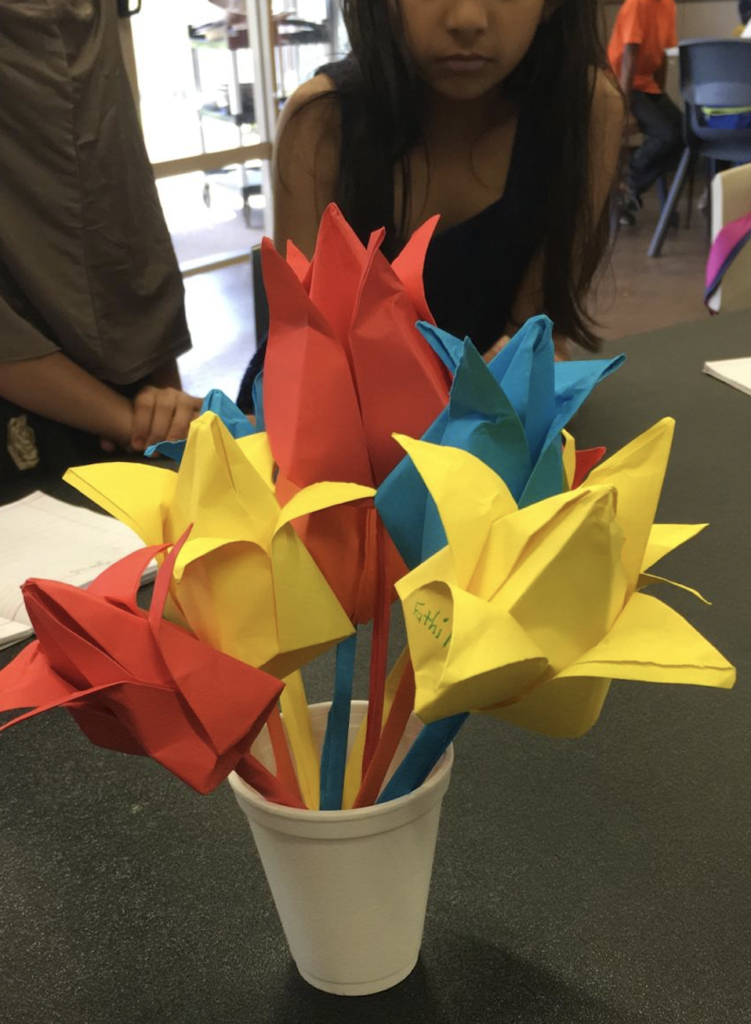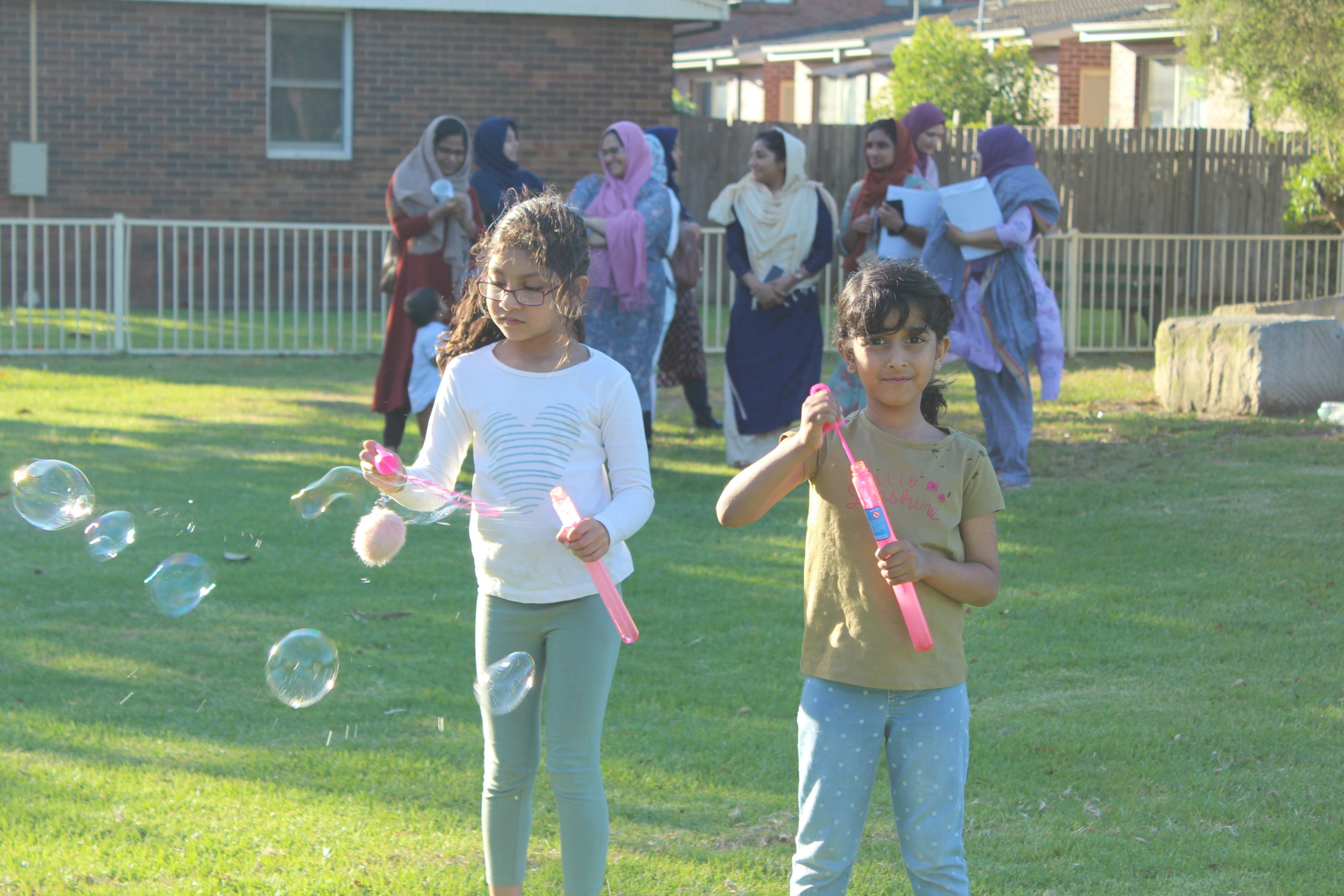Game Based Learning Platform
Pallikoodam is excited to introduce Game-Based Learning (GBL) from the 2021 academic year for our students as we all know, they love Gaming. Game-based learning (GBL) is an area of education that has been getting a lot of attention in recent times. However, we must all be aware of the difference between “playing” and “learning through playing”.
The implementation of GBL requires overcoming instructional, financial, and sociological barriers. This is important in terms of enhancing digital game-based language learning pedagogy for teachers.
We are very fortunate to get Mr.Shakir as an instructor to train our teachers. We believe this is a new method to grab the attention of both teachers and students and thus build confidence in our education system.

Game-based learning was invented by Friedrich Fröbel in 1800. He developed an activity-based approach to teaching young children involving playing with objects and singing. The aim of these games was to exercise and develop the child’s power of independent movement. They open journeys of discovery. They are plays that enrich the child with perceptions and experiences.
Game-based learning refers to the borrowing of certain gaming principles and applying them to real-life settings to engage users. The motivational psychology involved in game-based learning allows students to engage with educational materials in a playful and dynamic way.
First and foremost is a reminder to both students and parents that we are still in class, and we are here to learn. There will be set tasks just like any other lesson, and all normal school rules and expectations still apply.
Game-based learning describes an approach to teaching, where students explore the relevant aspects of games in a learning context designed by teachers. Gamification takes game elements such as points, badges, leader boards, competition, and achievements and applies them to a non-game setting.
The core concept behind game-based learning is teaching through repetition, failure, and the accomplishment of goals. Video games are built on this principle. The player starts off slow and gains in skill until they are able to skillfully navigate the most difficult levels. Games that are planned and designed well will offer enough difficulty to keep it challenging while still being easy enough for the player to win.
Game-based learning takes the same concept and applies it to teaching a curriculum. Students work toward a goal, choose actions, and experience the consequences of those actions. They actively learn and practice the right way to do things. The result is active learning instead of passive learning.
Game-based learning offers students the opportunity to explore and experiment with new research skills without fear of failure or bad grades. It also offers opportunities for increased student engagement by adding a sense of fun.
Benefits of Game Based learning :
- Student-Centered Learning.
- Students find it more enjoyable and satisfying and have a greater understanding
- Social-Emotional Growth through Development of “Soft” Skills.
- Creating Low-Risk Competition.
- Students develop lifelong learning skills.
- Feedback, Feedback, Feedback.
Let’s learn and teach Malayalam with more enjoyable and interesting techniques.
[quiz-cat id=”1294″]



